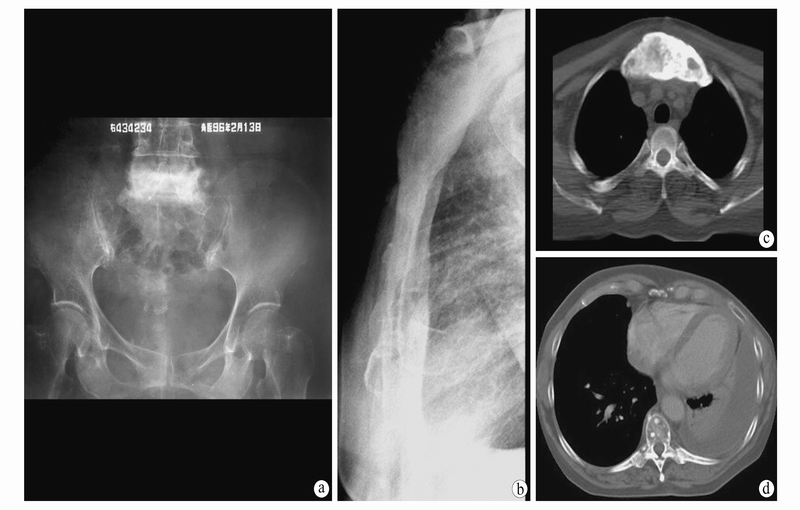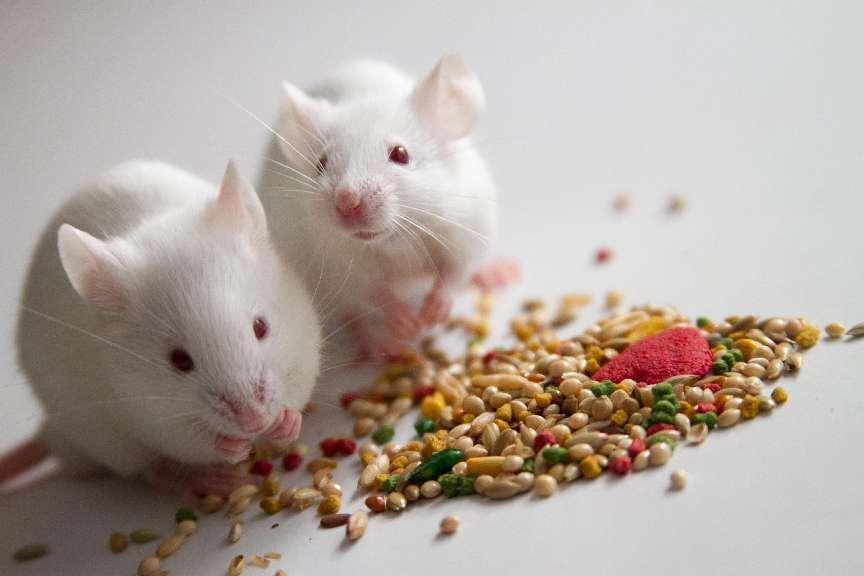
High Incidence of Heart Attacks in Winter: Myocardial infarction, commonly known as a heart attack, is a cardiovascular disease that has become more prevalent in recent years. The onset of a heart attack is primarily due to prolonged ischemia or lack of oxygen in heart cells, leading to the death of myocardial cells. In winter, various factors, including freezing temperatures, sudden drops in temperature, susceptibility to cold pathogens, increased blood viscosity, vasoconstriction, and increased cardiac workload, contribute to the higher incidence of heart attacks. Apart from temperature changes, factors such as excessive exertion, intense physical activity, sudden force, overeating, and emotional fluctuations can also lead to a sudden increase in blood lipid concentration, thickening of the blood, and the formation of blood clots, triggering heart attacks.












